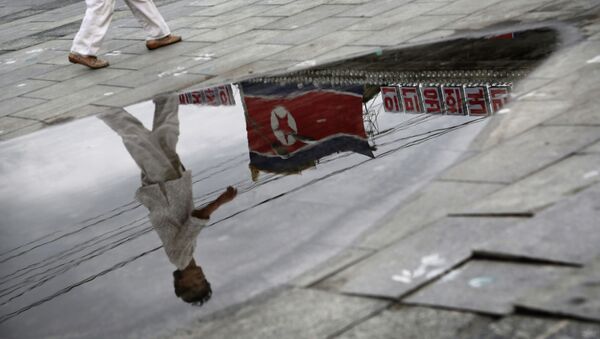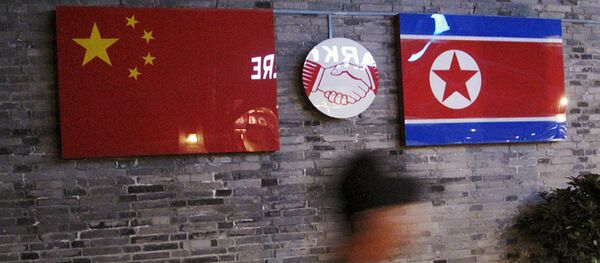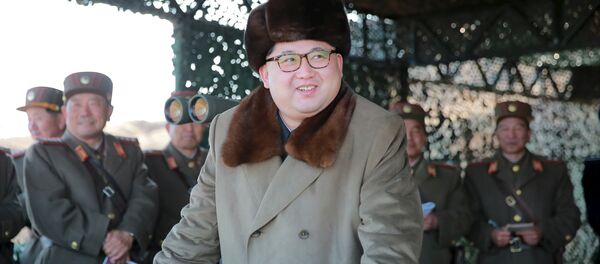North Korean Deputy Foreign Minister Han Song-ryol was seen at the Beijing Capital International Airport. According to reports the diplomat will travel to Malaysia for informal talks with the representatives of the United States, Kyodo news agency reported.
In September, Pyongyang was visited by a private US delegation, headed by former governor of New Mexico, Bill Richardson, who has experience handling behind the scenes dialogue with representatives of the DPRK.
These visits could be associated with some new elements of US policy toward North Korea. It is known that, Han Song-ryol, the recently appointed Deputy Foreign Minister of the DPRK, has been engaged in bilateral relations between the United States and North Korea for a very long time.
So what do these secret talks include and what lies in future for the bilateral relations between North Korea and the US?
Sputnik spoke with the executive director of the National Committee for the study of BRICS, head of the Center of Russia's strategy in Asia at the Institute of Economics, Georgy Toloraia.
Toloraia said that the exchange of opinions between experts from both countries has been going on for a while. It is not something new and the dialogues have included other regional forces as well, such as China and Russia.
“Currently, in the US, there is an ongoing discussion about the fairness and rationality of the policy pursued by Obama. Indeed there is a fierce debate about this notion from both opposite sides. The discussion is primarily about the so-called policy of ‘strategic patience’ pursued by the US with respect to North Korea,” Toloraia told Sputnik.
However, there is an opposing view to this as well, which strongly criticizes the US’ passive aggressive manner towards DPRK which resulted in the country’s nuclear build up.
“It is difficult to say at the moment which side will prevail in the future. Nevertheless, today the contact between the American and the North Korean sides is expected to continue in the background of preparation for the US presidential administration change,” Toloraia said.
The analyst explained that according to him, it seems that the US doesn’t really know what it wants from North Korea.
“The US is simply unable to clearly state its goals: does it want final destruction of the North Korean regime or does it want it to be involved. At the time, Pyongyang’s stance is clear: the North Koreans will not agree to simply denuclearize,” Toloraia said.
Hidesi Takesada, professor at the University of Tokusёku, involved in studying the issues of the Korean Peninsula and their regional politics, told Sputnik that Japan will be one country which will receive benefits in case of an initiation of contact between the US and North Korea.
“The contact between the US and North Korea is taking place and in the future it is likely to become even more active. President Obama is not cornering a partner who has nuclear weapons on its hands.”
He further said, “I think that the American approach to Iran and Cuba will also be applied toward the DPRK. Japan has a chance to resume bilateral consultations with North Korea,” Takesada said.
The professor also said that the US will likely maintain this approach even after the presidential elections which will be held in November.



